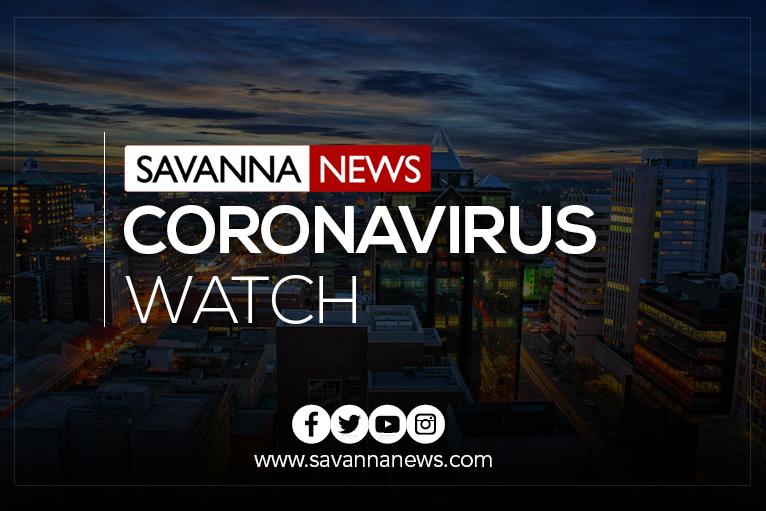Education during COVID-19 : The impact of COVID-19 pandemic on education is unprecedented. Over 1.5 billion learners, making up about 91 % of total enrolled learners have been affected following country-wide school closures in 191 countries.
In a collective statement signed by 74 organisations across the world, the Global Campaign for Education (GCE) is calling for collective and inclusive actions to ensure progress made toward achieving Sustainable Development Goals (SDGs), including SDG4 in particular will be not reversed.
As of today, over 3 million people have tested positive for COVID-19, and over 200 000 have perished worldwide.
Amongst those directly and indirectly affected are educators, parents, guardians, lecturers, students and learners.
Pushed further to the margins of extreme vulnerability are young and adolescent girls, women, refugees, displaced and migrant people, and people with disabilities and the global 75 million children and youth who are victims of climate change bred catastrophes, or forcibly displaced by armed conflicts.
Many developing countries meet considerable challenges in their national education systems and the COVID-19 pandemic exacerbates the situation.
In its statement, the Global Campaign for Education (GCE) reaffirms that short, medium and long-term interventions and policies responding to the crisis should be equitable, gender-sensitive, transformative and protective of human rights.
Interventions and policies should be inclusive of the poorest and most vulnerable people in society, including those with disabilities, and be responsive to the different needs, contextual realities and risks faced by individuals.
Working in the frontline of education in emergencies, Refat Sabbah, GCE President, emphasised that: “The outbreak of COVID-19 compounded the plight of those who were already vulnerable. Appropriate measures should be put in place to guarantee access to free quality public education for all and ensuring continuance of education during emergencies should form part of response strategies for the COVID-19 crisis.”
GCE recalls the central purpose of education which is more than basic learning outcomes.
Education should facilitate the construction of knowledge and relationships that allow fundamental human rights to be enjoyed individually and collectively in contexts of emergency and non-emergencies alike.
Thus, through raising the transformative capacity of education in times of crisis, better conditions are achieved to build equality, inclusion, justice and prosperity.
To achieve this, it means that:
In the short term, the delivery of education should be accelerated through creative and innovative strategies tailor made to reach out to ALL learners regardless of their circumstances, implemented in a manner that does not deepen inequalities or advance trends of commercialisation and instrumentalist approaches to education.
In the medium term, governments should develop in partnership with civil society curriculum recovery strategies and delivery thereof at all levels including providing necessary support to educators to facilitate catch up for all learners.
In the longer term, preparation for future crises will be key, through establishing crisis and post-crisis response mechanisms and evaluation framework that guide new forms of learning emphasising on the role that education plays during and after emergencies. An international SDG 4 post crisis evaluation conference could feed into this process.
The national education coalitions, education unions, regional networks and international non-governmental organisations constituting GCE stand ready to strengthen collaborations with governments to ensure that interventions to the COVID-19 pandemic are equitable, inclusive and rights-based.
“Civil society is an essential partner and is ready to support States to provide solutions to the COVID-19 crisis. We strongly believe that education can help achieve SDG 3 (Good health and well-being), and it is crucial that education and health remain a priority.” Grant Kasowanjete, GCE Global Coordinator.
Read More:










